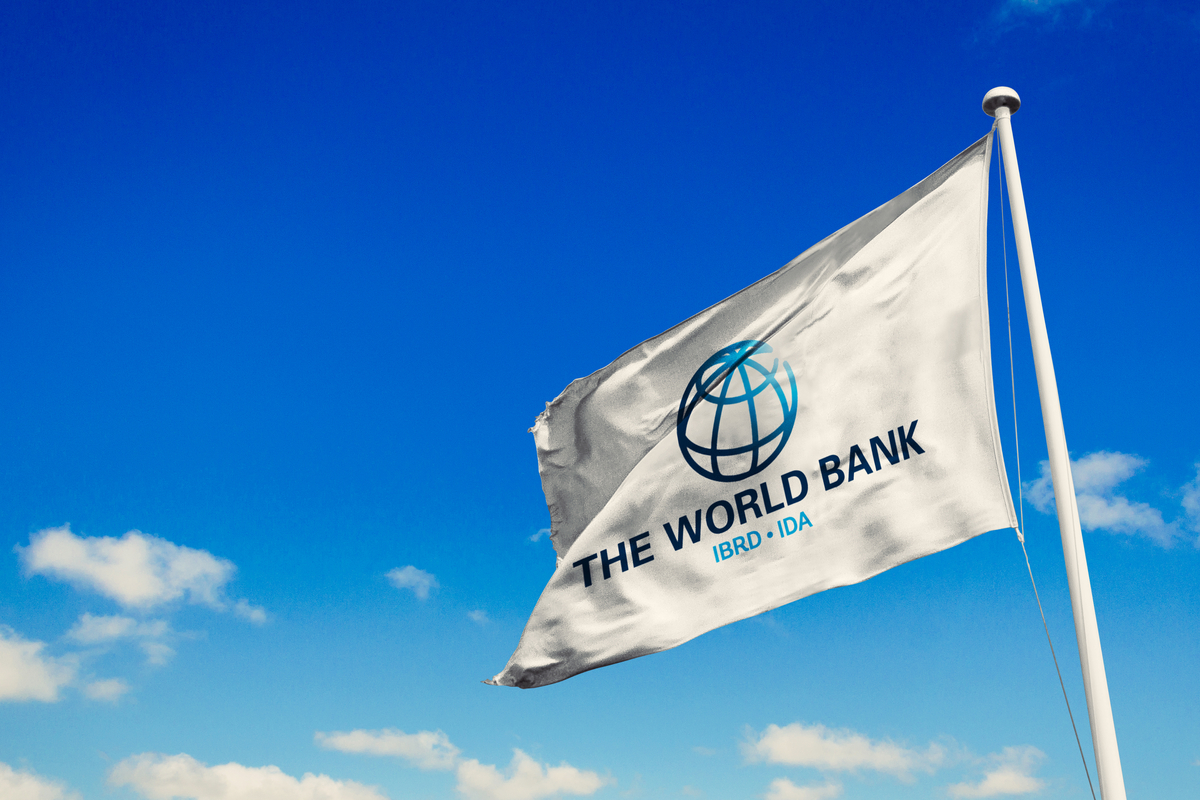Dear visitor,
You're reading 1 of your 3 free news articles this quarter
Register with us for free to get unlimited news, dedicated newsletters, and access to 5 exclusive Premium articles designed to help you stay in the know.
Join the UK's leading credit and lending community in less than 60 seconds.
World Bank lowers 2022 growth rates
The World Bank has lowered its predicted global economic growth rate in 2022 from 4.1% to 3.2%, according to the financial institution’s president David Malpass.

Senior Journalist, covering the Credit Strategy and Turnaround, Restructuring & Insolvency News brands.
Malpass told reporters on a conference call that this drop in growth rate has been driven in part by sudden price increases for energy, fertiliser and food, as well as the war in Ukraine and China’s Covid-related shutdowns.
In response to this, he said he expects to discuss a new 15-month response envelope of around $170bn (£130.7bn) to cover April through to June 2023 with the bank’s board. As part of this, it’s expected to commit around $5bn (£3.8bn) of this amount in the next three months.
In the UK, finance leaders expect this to impact operational costs in the year ahead. According to Deloitte’s latest chief finance officer (CFO) survey - covering the first quarter of 2022 - it found that 98% anticipate operating costs to rise in the year ahead, with 46% expecting these rises to be significant.
In addition to this, 71% of CFOs believe operating margins will fall over the next 12 months, compared to 44% in the previous. Despite this, three-quarters expect revenues to rise over the next year.
According to Deloitte, the invasion of Ukraine has heightened the level of financial and economic uncertainty facing businesses with 56% of CFOs saying the level of uncertainty facing their business is now high or very high.
Alongside this, 78% of CFOs expect inflation to exceed 2.5% in two years’ time. Meanwhile, 53% expect inflation to settle between 2.5% and 3.5% in two years’ time and a quarter expect it to remain above 3.5%.
Commenting on the survey’s findings, Deloitte’s chief economist Ian Stewart said: “Rising geopolitical risk in the wake of the invasion of Ukraine and alongside high inflation mean that the external challenges faced by business are greater today than at any time in the last eight years.
“These risks now far eclipse Brexit and the pandemic, which have dominated the list of CFO concerns in recent years. Over the next year, CFOs believe a mix of rising costs and slower growth are set to squeeze margins.
“In spite of this - as finance leaders have become accustomed to navigating a more volatile business environment - they remain focused on capital spending and growing their businesses.”
Richard Houston, senior partner and chief executive at Deloitte, added: “It’s clear that businesses are operating in an increasingly uncertain and challenging economic and geopolitical environment. However, CFOs are not reporting a wide scale shift to defensive strategies, such as cost cutting, seen at the beginning of the pandemic.
“Introducing new products, services or entering new markets remain the top balance sheet priorities. This continued focus on investment will be vital for resilience moving forward.”
Stay up-to-date with the latest articles from the Credit Strategy team
Get the latest industry news






